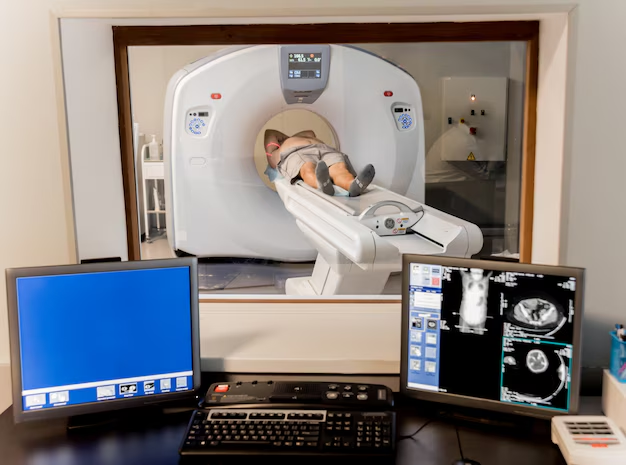How to Become a Radiography Technician: Degrees, Certifications, and Licenses
Embarking on a career as a radiography technician is a rewarding journey that involves specialized education and training. Radiography technicians, also known as radiologic technologists, play a crucial role in the healthcare field, operating imaging equipment to help diagnose medical conditions. To become a radiography technician, an individual typically begins with an associate degree in radiologic technology from an accredited institution. This foundational education covers essential areas such as anatomy, patient care, radiographic procedures, and radiation safety. While an associate degree is the standard requirement for entry-level positions, some may choose to pursue a bachelor’s degree for greater career advancement opportunities and a deeper understanding of the field.
In addition to formal education, certification is a pivotal step for radiography technicians. The American Registry of Radiologic Technologists (ARRT) offers a certification that is widely recognized across the United States, ensuring practitioners adhere to high professional standards. Most employers require this certification, and it involves passing an examination that tests the knowledge acquired during one’s educational program. Moreover, depending on the state, obtaining a license may be necessary, following successful completion of educational and certification requirements. Pursuing continuous education and specialization in areas such as MRI or CT imaging can further enhance a radiography technician’s career prospects.
Degrees, Certifications, and Licenses for Radiography Technicians:
- 🎓 Associate Degree in Radiologic Technology: Essential for most entry-level positions.
- 🎓 Bachelor’s Degree in Radiologic Technology: Recommended for career advancement.
- 📜 ARRT Certification: Crucial for professional recognition and employability.
- 🏷️ State Licensure: Required in many states to practice legally.
- 🔍 Specialization in MRI or CT: Optional, but beneficial for career growth.
